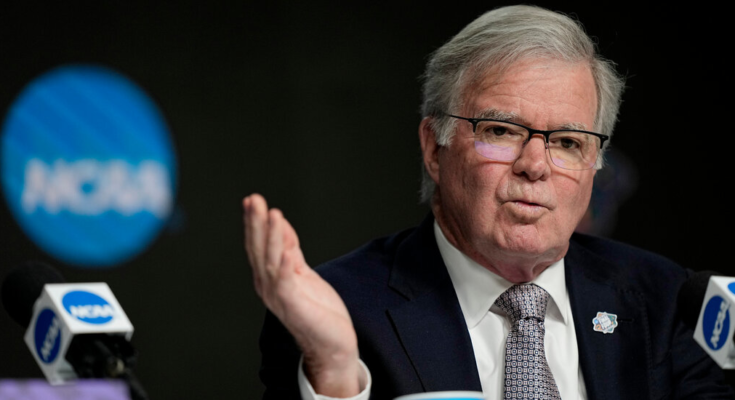Days later, the association bowed to political pressure — and an approaching crush of state laws defiantly designed to force its hand — and allowed players to begin making money off their fame through endorsement deals, social media and other agreements beyond universities. The N.C.A.A.’s pleas to lawmakers in Washington for a federal intervention remain unheeded, a sign of its diminished power in the capital and a symptom of the weakening public support for generations of rules that kept athletes from maximizing their economic potential (and that helped keep money flowing toward their schools and coaches).
By the end of last July, the N.C.A.A.’s board had decided it was time for the association to rewrite its constitution in an effort to maintain a modicum of relevance and, perhaps, to offer it a greater shield in the courts. Although a reimagined N.C.A.A. is still taking shape, the college sports industry is rapidly moving toward a landscape in which the Indianapolis-based association is more of an event organizer than a governing overlord.
Greg Sankey, one of Emmert’s rivals for sway and the commissioner of the Southeastern Conference, perhaps the most influential league in college sports, has said the association “has to be reconsidered across the board.” A committee that Sankey is helping to lead is expected to issue recommendations later this year about how to change Division I, the most prominent and lucrative tier of N.C.A.A.-sponsored sports.
To an extent, Emmert, lofty title notwithstanding, has always been only so powerful. As Emmert, a political scientist by training, has long hastened to note, the association is a representative democracy, largely controlled by its roughly 1,100 member colleges and universities of various sizes, budgets and athletic ambitions. And his efforts to strengthen the N.C.A.A.’s reach and authority, like when the association moved to punish Penn State after a sexual abuse scandal, have sometimes faltered.
He has also been blamed for shortcomings, like the association’s legal strategy and its glacial response to calls for modernization. Up until Tuesday, though, the board had not signaled any plans for a leadership change, and Emmert had not openly offered any sense that an exit plan was in the immediate offing.
In an interview in January 2021, he had said his continued tenure would hinge on his belief, as well as the board’s, that he could “make a positive contribution and provide good leadership.”


